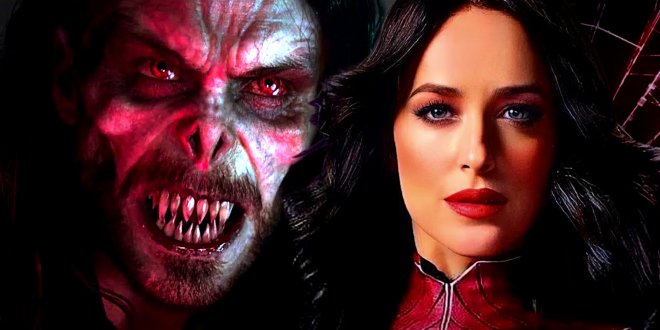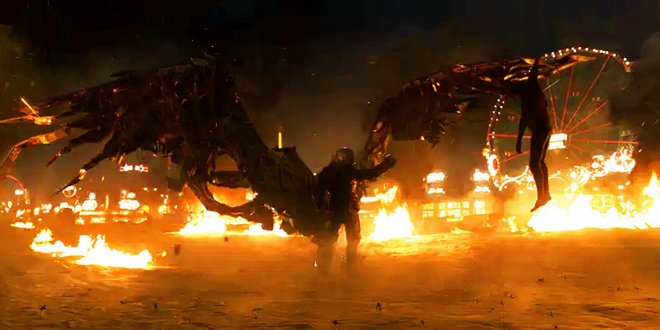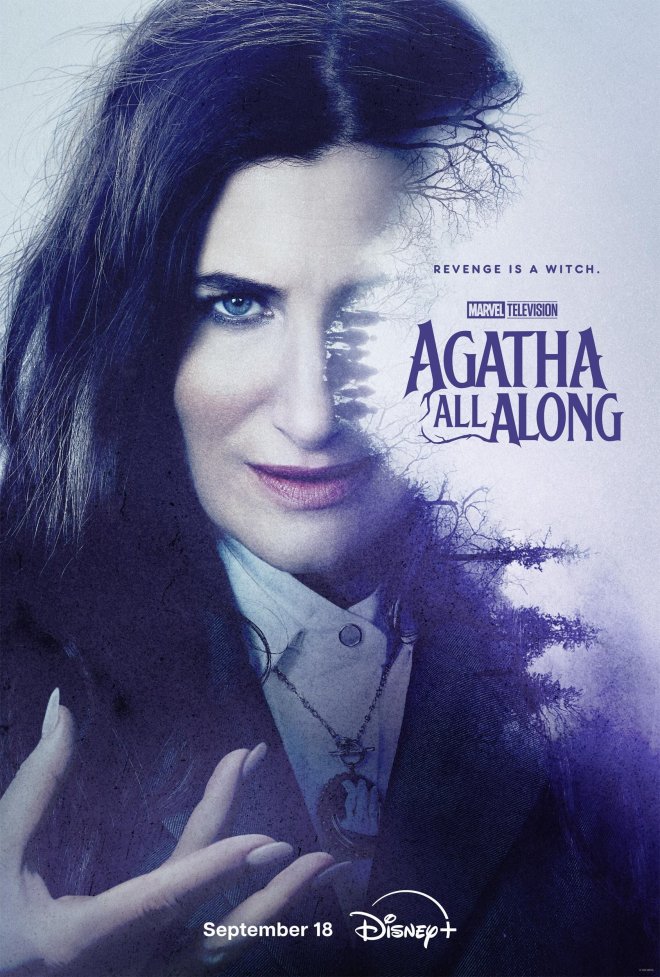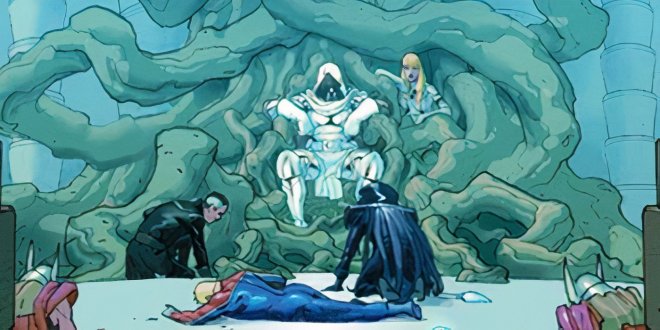10 Harsh Realities Of Rewatching The MCU Phase 4, 2 Years After It Ended
The Marvel Cinematic Universe"s Phase 4 had the challenging task of continuing the franchise after the end of the Infinity Saga, and rewatching it makes a number of harsh realities clear. The movies and TV shows of the MCU make up one of the most popular and successful franchises of all time, with an interconnected narrative adapted from the pages of Marvel Comics. After the MCU’s Infinity Saga, Phase 4 of the franchise had the complex task of ushering in a new era.Phase 4’s place in the MCU’s movie timeline is undoubtedly a difficult one, as it had to simultaneously deal with the fallout from Avengers: Endgame while also establishing the MCU’s next narrative arc. However, looking back over Phase 4 highlights multiple issues with the chapter in the MCU’s history, prompting concerns for the franchise. With that in mind, here are 10 harsh realities of rewatching the MCU’s Phase 4, two years after it ended.
10 Phase 4’s Best Stories Weren’t Major Blockbusters MCU TV Shows Redefined The Franchise Close For all of its issues, Phase 4 of the MCU had a number of strong entries. It told some unique and exciting stories that helped to keep the franchise alive after the earth-shattering events of Avengers: Endgame, and their quality remains evident on rewatching. Interestingly, most of Phase 4’s best and most innovative stories were not major blockbusters, but MCU series written in an episodic format.
The likes of Loki season 1 and WandaVision established key events in the MCU that helped to introduce major elements of the Multiverse Saga. The Falcon and the Winter Soldier concerned the legacy of one of the MCU’s greatest heroes. The fact that Phase 4’s most important stories were told in such a way had major financial implications, and seemingly hinted at a worrying trend for the franchise’s box office figures – one that seems somewhat prescient in hindsight.
9 Phase 4’s Quality Was Painfully Inconsistent The Multiverse Saga's Start Was Hit And Miss Close When looking back at the TV shows and movies of the MCU released as part of Phase 4, inconsistency is by far the most evident issue. Some stories stood out as far better than others, with specific releases prompting major excitement and general success and others failing to inspire any considerable interest. This also marked a shift in audiences’ perception of the MCU, as the differences in quality were markedly noticeable.
For example, the likes of WandaVision and Spider-Man: No Way Home were hugely successful with critics and fans alike. However, shows like Secret Invasion and movies like Eternals and Thor: Love and Thunder were not as well-received, marking a significant drop in form for the franchise. Rewatching Phase 4 only makes this all the more apparent, as experiencing stories of such varying quality in succession only makes Phase 4’s inconsistency more obvious.
8 The MCU Felt Directionless After Endgame The Franchise's New Narrative Felt Ill-Defined To Start With Close Another issue with Phase 4 that becomes clear on a rewatch appears to have been entirely unavoidable. After the events of Avengers: Endgame, which were massive for the MCU as a whole and in terms of the franchise’s narrative arc, the stakes moving forward seemed to be ill-defined. Following up such a huge and well-crafted story in the Infinity Saga, the beginning of the MCU’s next phase didn’t seem to be quite so well-planned.
Throughout Phase 4, the movies and TV shows of the MCU introduced unrelated or disjointed stories, making very few attempts to connect them along the way. The singular narrative purpose that was clear throughout the Infinity Saga was absent, leaving the MCU feeling somewhat adrift. It wasn’t until Doctor Strange in the Multiverse of Madness’ ending that the full picture began to form, and by then Phase 4 had already explored numerous unrelated plot lines, making the MCU feel directionless post-Endgame.
7 Phase 4 Still Seems To Be The Epitome Of Superhero Fatigue The MCU Has Faced Unique Trials In Phase 4 Close One of the most prominent issues facing superhero movies in modern cinema is the notion of superhero fatigue. The idea that audiences are growing bored of big-budget adaptations of comic book stories continues to gain credence, despite the fact that there have been many recent releases that seemingly disprove the theory. Even so, rewatching Phase 4 indicates that not only is superhero fatigue real, but that the studio itself was grappling with it for a time.
Phase 4 of the MCU had its issues, but a lack of ideas seemed to be one of the biggest. Many of Phase 4’s stories ventured into tired tropes or overused fan service, playing directly into the qualities that have come to define superhero fatigue. The franchise appeared to have run out of ideas in a sense for a time, and tried multiple different approaches to less-than-ideal results.
6 Behind The Scenes Issues Saw The MCU’s Quality Suffer Real-World Events Affected The MCU Close One of Phase 4’s greatest hurdles came not on the screen, but in the real world. The pandemic massively affected the box office, and Marvel’s approach to their releases, which in turn had a major impact on Phase 4. What’s more, these also provided further obstacles for Phase 4 that can still be felt when rewatching its movies and TV shows.
For example, the box office for Black Widow was considered disappointing due to the pandemic and issues surrounding its release, and the subsequent lawsuit certainly didn’t help Marvel. These real-world events had an effect on Phase 4 of the MCU that’s still felt upon a rewatch, highlighting just how much they impacted the franchise.
5 The Loss Of Key Heroes Changed The Fabric Of The MCU The Departure Of Prominent Avengers Didn't Help Phase 4 Close Avengers: Endgame had a lasting impact on the MCU, not just as the ending of the Infinity Saga, but also as it marked the ending for multiple founding Avengers within the franchise. The movie saw the deaths of Iron Man and Black Widow, and the retirement of Steve Rogers, with three of the six founding Avengers meeting their franchise ending in Phase 3. Phase 4 then had the difficult task of filling the void left by their absence.
Black Widow’s instant return of sorts in her solo prequel movie softened the blow a little, but the loss of the Avengers’ two greatest leaders in Tony Stark and Steve Rogers was still huge for the MCU. Losing such key figures forced the MCU to examine its new hierarchy of power and establish potential leaders for the Avengers moving forward. This made Phase 4 feel less like a fresh start and more like the franchise picking up the pieces, which in turn hurts its overall quality.
4 The MCU’s Phase 4 Was Entirely Overpopulated Phase 4 Tried To Do Too Much Close Perhaps in reaction to losing major characters, Phase 4 of the MCU introduced a massive number of new heroes and villains to the franchise. In comparison to the Infinity Saga, Phase 4 introduced a staggering number of characters, with the likes of the Eternals, Shang-Chi, Kang the Conqueror, She-Hulk, Moon Knight, Yelena Belova, Namor, Kate Bishop, and Ms. Marvel all making their debuts. Phase 4 also saw the return of many characters from the Infinity Saga, stacking out its cast in a fairly overwhelming fashion.
The Multiverse Saga’s start fleshed the franchise out to a worrying degree. With so many powerful characters introduced in such a short space of time, the nature of the MCU was repeatedly redefined. However, a lack of specific focus on any one character or team made Phase 4 feel overstuffed in the worst possible way, and that fact is unavoidable on a rewatch.
3 Too Many Independent Narrative Threads Made Phase 4 Seem Disconnected A Lack Of Connectivity Was A Big Problem Close When considering Phase 4 as the beginning of the MCU’s new narrative arc, the only frame of reference is Phase 1 of the franchise. The beginning of the Multiverse Saga was hugely different from the beginning of the Infinity Saga, with many considering it to be far inferior to the MCU’s earliest entries. One of the key components of this was not just the greater number of releases in Phase 4, but the lack of connectivity between them.
Phase 1 introduced the founding Avengers and then had them team up in a clear and concise beginning to a shared movie universe. Phase 4, in comparison, introduced multiple plot points and elements into the MCU, but made very little effort to actually connect them with one another. Phase 4 seemed more focused on teasing future developments than actively drawing links between its stories, making it feel an ill-defined and needlessly disjointed entry into the franchise.
2 Phase 4 Kept Changing The Rules Of The Multiverse The Multiverse Saga's Boundaries Shifted Several Times Close With any new narrative within an existing franchise, there are bound to be growing pains. This is especially true in a franchise as sprawling as the MCU introducing an idea as complex as the Multiverse, and this is all too clear upon rewatching Phase 4. The rules to Multiversal travel were set out in a number of movies, though they appeared to change significantly with each new release.
Spider-Man: No Way Home teased the reality-breaking effects of unchecked inter-universe travel. Doctor Strange in the Multiverse of Madness more robustly explained the dangers of Multiversal travel, outlining the nature of incursions. However, subsequent releases, such as What If...?, downplayed the idea, with the MCU having since retconned Phase 4’s rules. Rewatching Phase 4 makes it seem that Marvel were revising the rules of the Multiverse as they went along, lessening its overall impact.
1 The Multiverse Saga’s Start Isn’t Encouraging For The MCU’s Future Painful Transitional Periods Don't Bode Well For The MCU Close Perhaps the most concerning aspect of Phase 4 isn’t related to the releases itself, but the picture they paint for the MCU’s future. Phase 4 was the first transitional period in the MCU, and the franchise struggled considerably in getting things right. Having undergone a huge shift with the ending of Avengers: Endgame, Phase 4 had a difficult task to achieve, but the way in which it was approached prompts concerns.
Having clearly found it difficult to establish a new tone and identity following on from the Infinity Saga, the MCU has set a worrying precedent. After the conclusion of the Multiverse Saga, the franchise may face similar difficulties, and now has a track record of struggling to shift focus to a new narrative arc. As such, rewatching Phase 4 of the Marvel Cinematic Universe spells out some notable complications for the franchise.
Upcoming MCU Movies
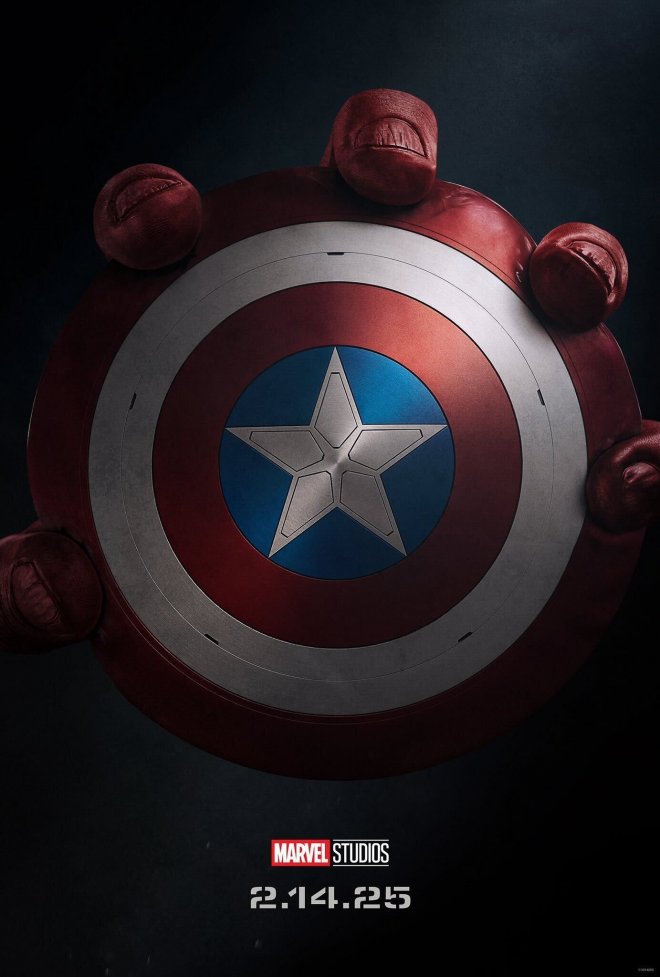 Captain America: Brave New World
Captain America: Brave New World Release Date February 14, 2025
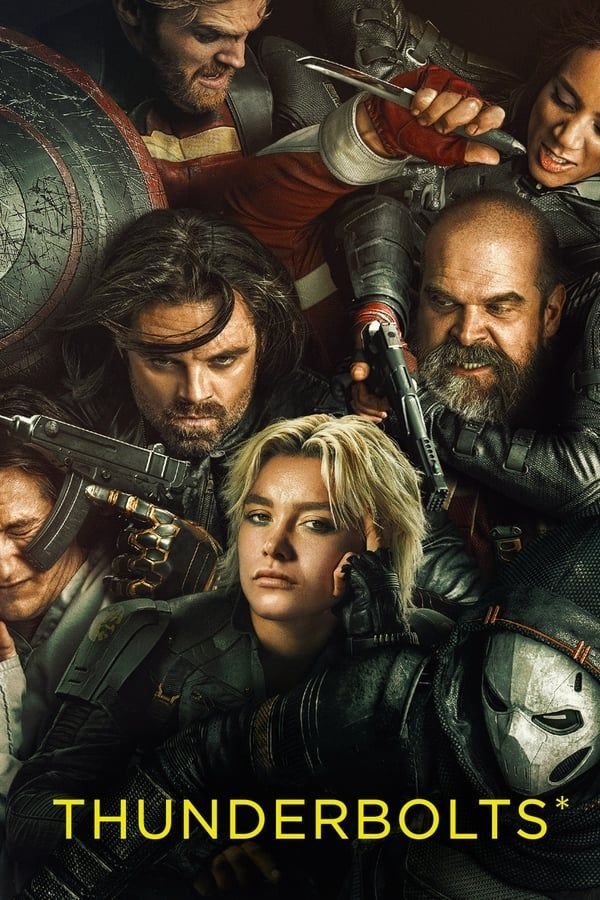 Thunderbolts* (2025)
Thunderbolts* (2025) Release Date May 2, 2025
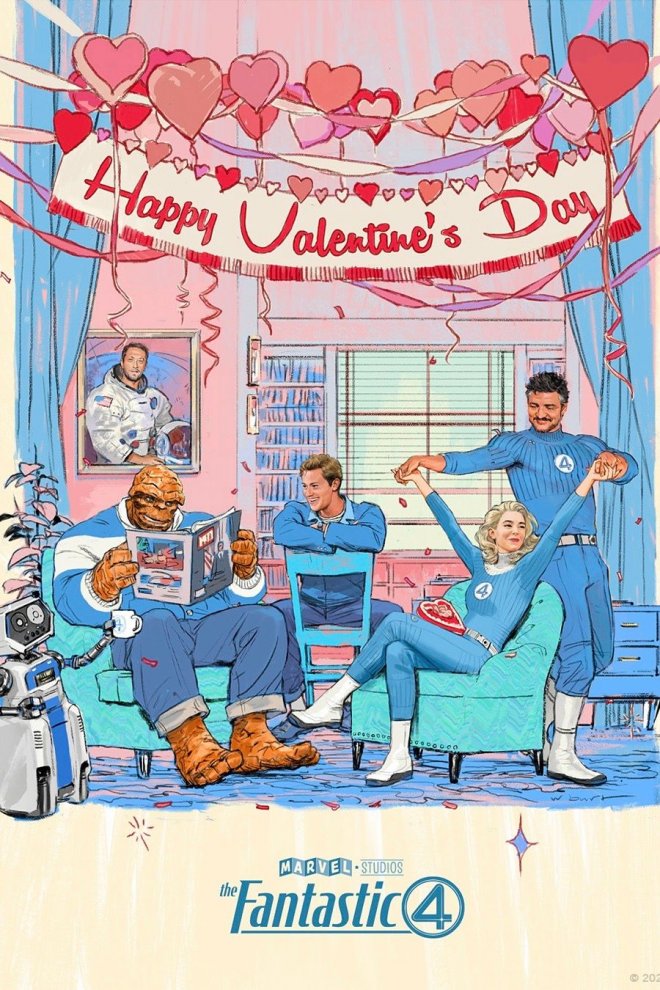 The Fantastic Four: First Steps (2025)
The Fantastic Four: First Steps (2025) Release Date July 25, 2025
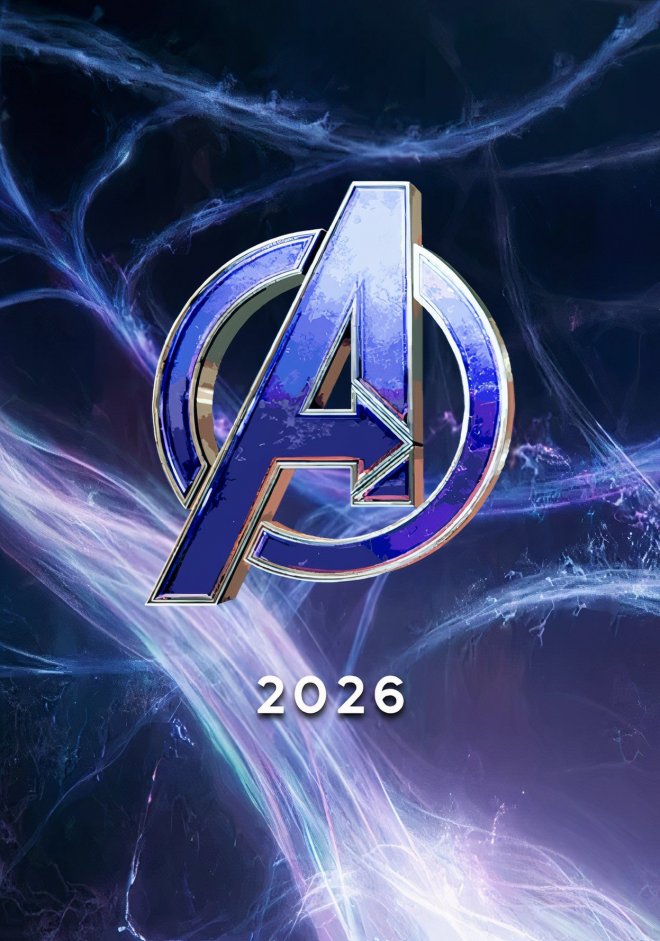 Avengers: Doomsday (2026)
Avengers: Doomsday (2026) Release Date May 1, 2026
 Spider-Man Homecoming 4
Spider-Man Homecoming 4 Release Date July 24, 2026
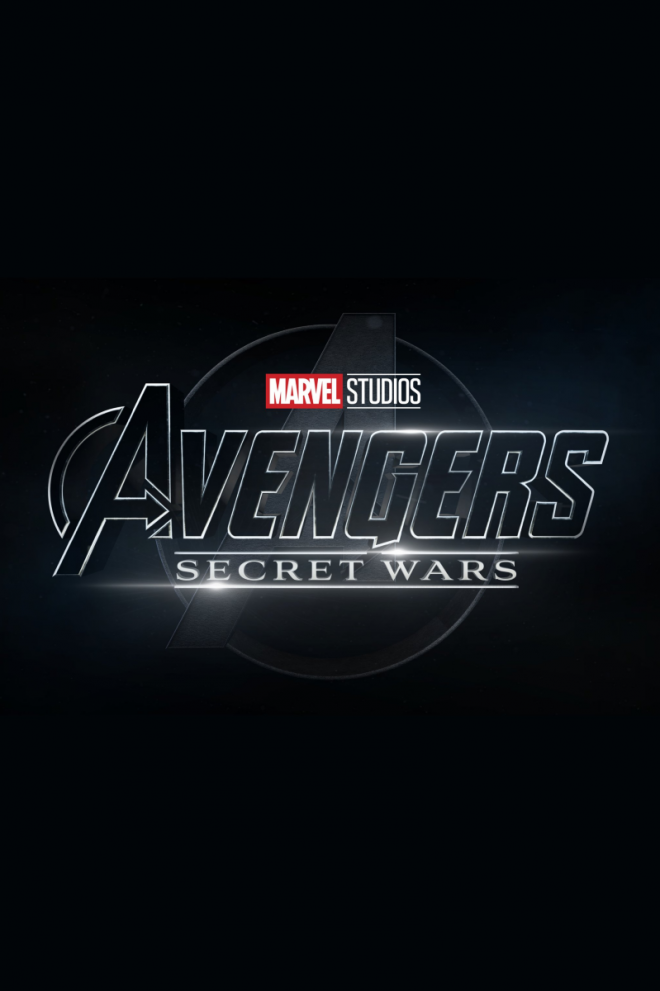 Avengers: Secret Wars
Avengers: Secret Wars Release Date May 7, 2027
[圖擷取自網路,如有疑問請私訊]
|
本篇 |
不想錯過? 請追蹤FB專頁! |
| 喜歡這篇嗎?快分享吧! |
相關文章
tag_marvel














